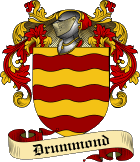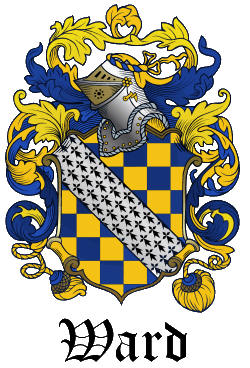|
|
Search

|
  Home Home
|
  Surname Surname
|
  First Name First Name
|
Popular Products

|
  Coat of Arms Coat of Arms
|
  Clan Badges Clan Badges
|
  Books & Gifts Books & Gifts
|
  Celtic Jewelry Celtic Jewelry
|
  Black Shirts Black Shirts
|
  CD Music CD Music
|
  Download Download
|
 Design Gallery
Design Gallery

|
  Irish Irish
|
  Flags Flags
|
  Celtic Celtic
|
  Tartans Tartans
|
  Scottish Scottish
|
  Claddagh Claddagh
|
  Surnames Surnames
|
  Highlander Highlander
|
  Celtic Radio Celtic Radio
|
Research

|
  History History
|
  Country Country
|
  Families Families
|
|
|
|
|
 All of our products can be order in bulk for family reunions and get-togethers. Depending on the number of items ordered, we can offer bulk orders at reduced prices for incredible savings from individual items. We also offer embroidered Clan Badge and Coat of arms patches in bulk orders for all of your family and clan festivals. Don't see your Clan Badge or Family Coat of Arms or do you have a special customized order? Please contact us with your special order details and we will be happy to setup a free quote.
|
|
Our Heraldry Database has thousands of Family histories to search. Visit Now!
Drummond

Coat of Arms
One of the families residing on the edge of the Highlands, the Drummonds have always played a prominent part in Scottish affairs. The parish of Drymen lies to the west of Stirling and appears to have derived its name from the Gaelic, ‘dromainn’, meaning a ‘ridge’ or ‘high ground’. The traditional legend narrates that the first nobleman to settle at Drymen was Hungarian, having accompanied Edgar th.....
|
|
|
Heraldry Database: Ward
Ward

|
|


Surname: Ward
Branch: Ward
Origins: British
More Info: England
|
|
Background: An occupational name for a "guard or watchman," from Old English "weard" = guard. It is also means a geographical name for a person who lived near a guardhouse or fortress.
|
 Motto: Motto: Usque ad mortem fidus, Faithful even to death. View the Heraldry Dictionary for help.

The last occupational name to pass the thousand mark is Ward, a simple Old English monosyllable meaning a guardian, keeper or watchman, a person so obviously useful and important that little more need be said about his function. This word was a favourite among the Anglo-Saxons for forming their Christian names, as in Edward and Hereward, and was used in many compounds. The title 'lord' originated as the 'hlaf-weard', the guardian of the loaf, but this is going a long wasy back. Our surnames still echo the lesser titles of the Durward (Door-keeper, largely superceded by Porter), the Hallward, the Woodward (later the forester), and the Churchward, now become the Churchwarden. The best known of these compounds was the Hayward, a familiar figure in most villages from early times. His task was to guard - not the hay as one might easily think, but the enclosures. The great fields shared out in strips and cultivated communally by the villagers were protected by moveable hurdles, and it was the responsibility of the hayward to see that all was well and no animals strayed on to the precious crops. If they did he might impound them. Custom varied from one place to another, but in many villages there was a certain authority as well as useful perquisites attached to the office of hayward which made it well worth holding.
Name Variations: Warde, Wardman, Wordman, Wards, Ward, Wardell, Warden, Wardley, Warfield, Warford, Warley, Warmond, Warton, Warwick .
References:One or more of the following publications has been referenced for this article.The General Armory; Sir Bernard Burke - 1842.
A Handbook of Mottoes; C.N. Elvin - 1860.
English Surnames; C.M. Matthews - 1966.
A Dictionary of English Surnames; P.H. Reaney - 1958.


Discuss
|
 Search
Search
|

Sign-up for a Founders account and receive personalized
family heraldry service and much more!

Want to know more?
Click the Heart!
|
|
|



